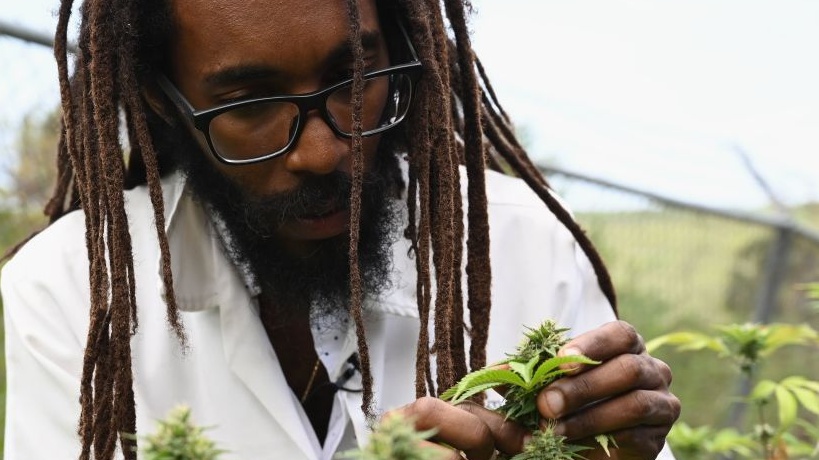Multiple schools, including Northern Michigan University and the University of Maryland have started programs for students wanting to gain knowledge and create a career in the budding marijuana industry. As many states begin to move toward legalization, the number of full-time workers in the U.S. marijuana industry have reached between 130,000 and 160,000 in 2018, and estimates show that those numbers will increase to 175,000 to 215,000 in 2019, according to the 2019 Marijuana Business Factbook.
The University of Maryland School of Pharmacy announced the start of their Master of Science (MS) program in Medical Cannabis Science and Therapeutics, the first graduate program in the country dedicated to the study of medical cannabis. The program, scheduled to begin in the fall of 2019, has been introduced for those interested in advancing their knowledge about medical cannabis, including health care professionals, such as physicians, nurses and pharmacists; scientists and regulators; growers and dispensary owners; and policy and industry professionals.
"Medical cannabis has been legalized in 33 states, including Maryland, as well as in Washington, D.C., Guam and Puerto Rico,” said Natalie D. Eddington, PhD, FCP, FAAPS, dean and professor at UMSOP. “This number is only expected to increase in the future, fueling a demand for an educated workforce that is well-trained in both the science and therapeutic effects associated with this medicinal plant."
Even with the increase in legalization and apparent access to information, marijuana is still listed as a Schedule I drug by the Drug Enforcement Administration. The classification limits the research that can be done on the substance, as it is defined as a drug with no currently accepted medical use and a high potential for abuse.
Despite the classification and no movement towards rescheduling, the DEA has been more willing to allow research on Schedule I drugs, even giving a fast track for more research to be done with the substance.
“We are committed to finding new and innovative ways to meet the needs of the research community,” said former acting DEA Administrator Robert W. Patterson in a statement. “Research is the bedrock of science, and we will — as we have for many years — continue to support and promote legitimate research with Schedule I controlled substances.”
The 2019 Marijuana Business Factbook projects that medical and recreational cannabis sales in the United States could rise to approximately $30 billion by 2023.
